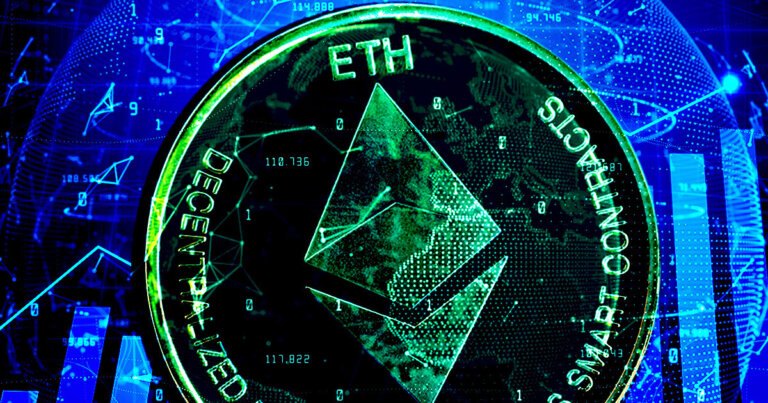Ethereum’s Developer Community and Its Impact
Robust Developer Community
Ethereum’s developer community is a cornerstone of its ecosystem, fostering continuous innovation and development. This collaborative environment has led to the creation of numerous decentralized applications (dApps) that leverage Ethereum’s smart contract technology. The community’s efforts ensure that Ethereum remains at the forefront of blockchain innovation, providing a solid foundation for new projects and applications.
Role in Decentralized Finance (DeFi)
Ethereum is the backbone of the decentralized finance (DeFi) sector, offering financial services like lending, borrowing, and trading without traditional intermediaries. DeFi protocols built on Ethereum democratize access to financial services, particularly benefiting those underserved by conventional banking systems. This has expanded the financial landscape, making it more inclusive and accessible.
Impact on Non-Fungible Tokens (NFTs)
Ethereum has played a pivotal role in the rise of non-fungible tokens (NFTs), unique digital assets verified via blockchain technology. The network’s ERC-721 and ERC-1155 standards are the foundation for creating and trading NFTs, which have applications in art, music, and gaming. This has positioned Ethereum as a key player in the burgeoning NFT market, driving its growth and adoption.
Gaming and Web3 Innovation
In gaming, Ethereum enables blockchain-based games that provide true ownership of in-game assets through NFTs. This has transformed the gaming industry by allowing players to securely trade and sell in-game items. Additionally, Ethereum supports the development of decentralized web applications, promoting Web3 innovation that prioritizes user privacy and data security. This shift towards a more decentralized internet model is crucial for the future of digital interactions.
Future Prospects: Ethereum 2.0 and Beyond
Ethereum’s ongoing upgrades, including the transition to Ethereum 2.0, aim to enhance scalability, security, and sustainability. These improvements are expected to solidify Ethereum’s position as a leading blockchain platform, driving further adoption across various sectors. Ethereum 2.0 will address current limitations, making the network more efficient and capable of handling a larger number of transactions, which is essential for its continued growth and relevance in the decentralized digital economy.
Conclusion
Ethereum’s extensive developer community and its leading role in DeFi, NFTs, and gaming underscore its significant impact on the decentralized digital economy. Its infrastructure supports a wide range of applications and innovations, positioning it at the forefront of Web3 development. With ongoing upgrades and a strong foundation, Ethereum is well-placed to continue driving forward the decentralized digital economy and fostering further advancements in blockchain technology.
